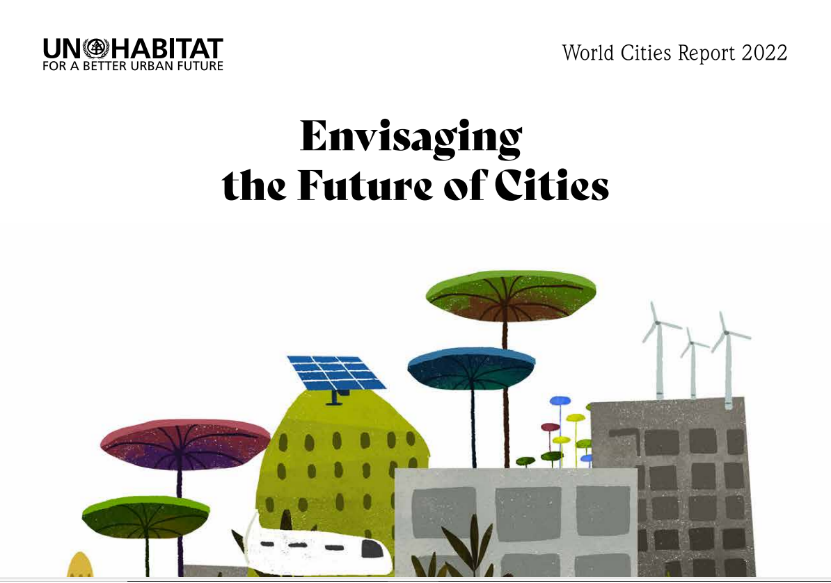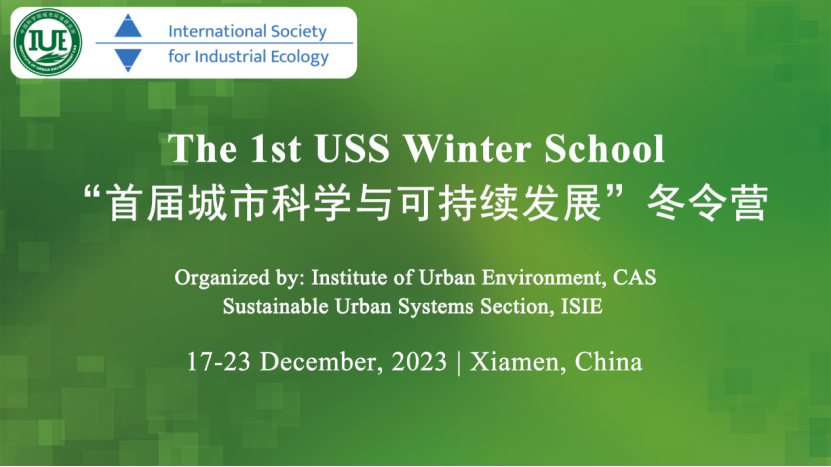Urban Science and Climate Adaptation
José Lobo
09:00-10:30, Sep 6 2024, CST; 18:00-19:30, Sep 5 2024, PDT
Lecture recording is available on KouShare.
José Lobo is interested in determinants of metropolitan economic performance and location-specific economic growth; the application of machine learning, data mining and spatial statistics methods to the study of socioeconomic data; causes and consequences of urban size and scale; and how the characteristics of individuals, organizations, institutions and social networks interact to create “regions of innovation.” Prof Lobo has acted as visiting researcher at the Santa Fe Institute and Italy's Universita di Modena e Reggio Emilia. Currently, he is on the faculty steering committee for Arizona State University's Center for Social Dynamics and Complexity and associate research professor in the School of Sustainability at ASU.
Abstract
Cities, as concentrators of population and activity, face the frontline impacts of climate change, which are already present and are projected to intensify. The Intergovernmental Panel for Climate Change (IPCC) is prioritizing urban adaptation and will release a Special Report on Cities and Climate Change in 2027. Last November, the United Nations emphasized the interconnectedness of addressing climate change and achieving the Sustainable Development Goals (SDGs). Cities present opportunities to integrate climate action with economic development. In the Global South, where urbanization continues, the challenge is to minimize climate vulnerabilities while promoting equitable and sustainable urban development. Identifying synergies between adaptation and development is crucial to avoid unintended trade-offs. Several academic disciplines have enriched our understanding of how cities and urbanization propel socioeconomic development, leading to a collective awareness of "agglomeration effects". "Urban Science" is a recent and interdisciplinary approach which builds upon accumulated insights and supports an expanded set of quantitative models providing testable expectations about the fundamental aspects of cities and urban activities. Notwithstanding cultural, technological, and political differences across time and space, cities and urban systems share fundamental generative processes, stemming from the concentration, mixing and interaction of populations, and exhibit empirical regularities linking many of their salient characteristics. In my talk I will summarize the distinguishing features of Urban Science starting with the recognition of cities as social networks embedded in physical space. However, given the rapid urbanization in the Global South, understanding the specificities and historical context of its cities is essential for harnessing well-known agglomeration effects to facilitate climate adaptation. The proposed effort calls for the co-creation of knowledge involving scientists, stakeholders, and urban communities especially those historically excluded from the design and implementation of urban development policies.



